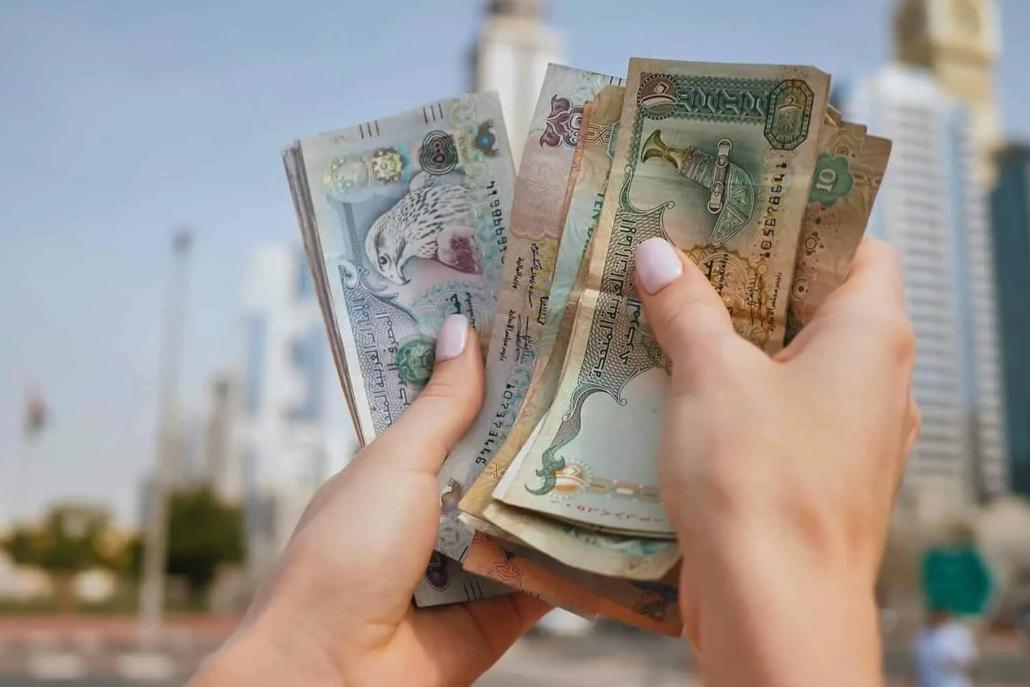Tax on Airbnb Income in Dubai: What You Need to Know
Learn How to Start an Airbnb Business and How to Launch a Successful Airbnb Business in Dubai
Introduction: Understanding the Tax Landscape for Airbnb Hosts in Dubai
Dubai, a bustling city in the United Arab Emirates (UAE), attracts millions of tourists every year. Dubai received 14.36 million international overnight visitors in 2022, growing 97% from the 7.28 million tourist arrivals in 2021. This thriving tourism industry creates significant opportunities for property owners to earn income through Airbnb rentals. However, understanding the tax implications associated with such rental income is vital for hosts to ensure compliance with relevant regulations and avoid potential penalties. This comprehensive guide will delve into the tax on Airbnb income in Dubai and other tax aspects Airbnb hosts in Dubai need to be aware of, providing a clear understanding of their responsibilities and obligations.
No Personal Income Tax: Retaining More of Your Rental Income
The UAE, including Dubai, does not impose personal income tax on its residents. As a result, individuals who earn income from Airbnb rentals are not subject to personal income tax in Dubai. This tax exemption offers a considerable advantage for hosts, allowing them to keep a larger portion of their rental income. However, there are other tax-related aspects hosts need to consider, such as Value Added Tax (VAT), tourism Dirham fees, and municipality fees, which will be discussed in the following sections.
Value Added Tax (VAT) on Additional Services: Ensuring Compliance
While residential property rentals are generally exempt from VAT in the UAE, hosts who provide additional services (e.g., cleaning, maintenance, or recreational facilities) as part of their rentals may be subject to a 5% VAT. If a host’s annual taxable turnover exceeds AED 375,000, they must register for VAT and charge it on the relevant services. Hosts can register for VAT through the Federal Tax Authority’s online portal. It is essential to keep accurate records of taxable transactions and submit VAT returns periodically. Failing to comply with VAT regulations may result in penalties and fines.
Tourism Dirham Fee: Collection, Compliance, and Documentation

Airbnb hosts in Dubai are required to collect the Tourism Dirham fee from their guests and remit payment to the Dubai Department of Tourism and Commerce Marketing (DTCM). The fee depends on the type of accommodation (AED 15 per night for Deluxe rooms, AED 10 per night for Standard rooms) and should be collected for a maximum of 30 consecutive nights of stay. Hosts must display the Tourism Dirham fee as a separate charge on invoices or receipts and refer to it as a fee, not a tax. Proper documentation and timely payment of the Tourism Dirham fee are essential to ensure compliance with DTCM requirements.
Municipality Fees on Furnished Residential Properties: Calculation and Payment
Dubai imposes a 5% municipality fee on the rental income of furnished residential properties. This fee is calculated based on the total rental amount and must be paid by the property owner. Hosts should include the municipality fee in their rental price calculations to avoid unexpected costs. The Dubai Municipality usually collects the fee through utility bills or other payment channels. It is crucial for property owners to understand their responsibilities concerning municipality fees and ensure timely payment to avoid penalties.
Ensuring Compliance: Seeking Professional Advice and Guidance
To avoid penalties and ensure compliance with applicable tax regulations, Airbnb hosts should seek guidance from tax experts or legal advisors, particularly if they have complex tax situations or manage multiple properties. Consulting with professionals can help hosts understand their tax obligations related to Airbnb income in Dubai, navigate the tax landscape effectively, and make informed decisions. Additionally, seeking expert advice can save hosts time, effort, and potential financial losses due to non-compliance.
Embracing the Opportunities: Thriving in Dubai’s Airbnb Market
As the Airbnb market in Dubai continues to grow, hosts who understand and comply with the applicable tax regulations can capitalize on the city’s thriving tourism industry. By offering competitive rates, high-quality accommodations, and exceptional guest experiences, hosts can establish a strong presence in the market and enjoy the financial benefits of their rental properties.
Staying Informed and Adapting: Evolving with Dubai’s Airbnb Market
Tax regulations and the overall business landscape can change over time. Therefore, it is crucial for hosts to stay informed about any modifications to tax policies that could impact their Airbnb income in Dubai. By regularly reviewing updates from the Federal Tax Authority, DTCM, and other relevant authorities, hosts can adapt their business strategies accordingly and maintain compliance with current regulations.
Explore The Best Cities for Airbnb Business in the UAE
Conclusion: Successfully Navigating the Tax Landscape for Airbnb Hosts in Dubai
In conclusion, understanding and complying with tax obligations is crucial for Airbnb hosts in Dubai. By familiarizing themselves with personal income tax exemptions, VAT regulations, Tourism Dirham fee collection, and municipality fees, hosts can effectively navigate the tax
landscape and maximize their rental income. Staying up-to-date with any changes in tax regulations and seeking professional guidance as needed can further ensure compliance and mitigate potential risks.
Check out Airbnb Regulations in New York


















